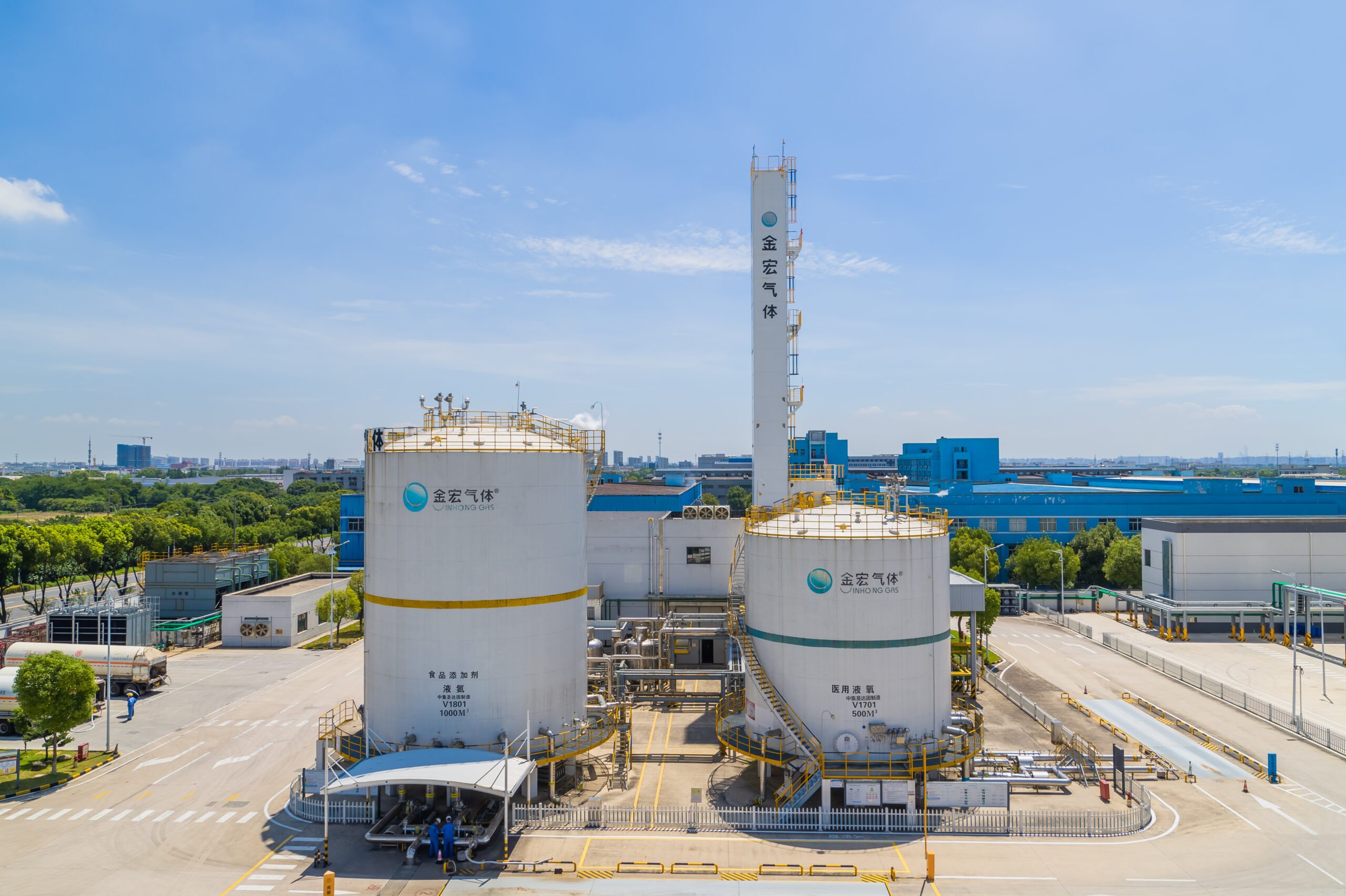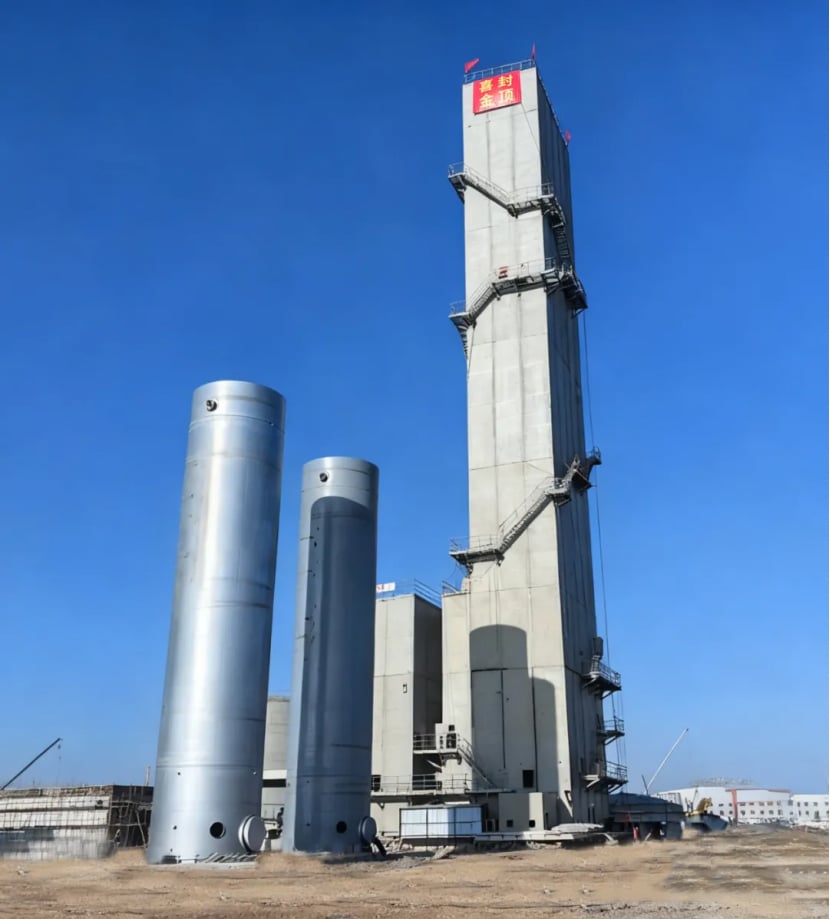Comparison of Gas Filling Options for Insulated Glass Units (IGUs)
| Feature | Argon (Ar) | Nitrogen (N₂) | Air |
|---|---|---|---|
| Thermal Conductivity | Very Low – Excellent Insulator | Moderate – Not ideal | High – Poor insulator |
| Chemical Reactivity | Inert – Does not react with materials | Slightly reactive | Reactive (contains O₂ and moisture) |
| Fogging Resistance | High – Dry and non-reactive | Moderate | Low – Contains moisture |
| Sound Insulation | Minimal benefit | Minimal benefit | Minimal benefit |
| Durability Support | Helps extend IGU lifespan | Limited benefit | Poor – May cause premature failure |
| Cost | Moderate – Higher than air/nitrogen | Low | None (default) |
| Common Usage in IGUs | ✅ Recommended for energy-efficient windows | ❌ Not recommended | ❌ Not recommended |
Many homeowners have heard the term “argon-filled double glazing” when purchasing windows or doors. But what exactly is argon gas, and why is it used in insulated glass units (IGUs)? Does it really improve thermal and sound insulation? Or is it just a marketing gimmick? In this article, we’ll explore the purpose of filling argon gas in IGUs, its benefits, and some key considerations when choosing such products.
01. What Is Argon Gas?
Argon is a noble gas known for its chemical stability and inertness—it does not easily react with glass or other materials. These properties make argon an ideal choice for use in IGUs. Its low thermal conductivity and high stability help improve the insulating performance of double-glazed windows.
In contrast, nitrogen—though commonly used in industrial applications like mold cooling—is not an inert gas and is not suitable for IGU filling. While some manufacturers may claim their windows are “nitrogen-filled,” this often means that no special gas was added, and the unit simply contains regular air. Considering that air is made up of over 78% nitrogen, this claim can be misleading.
02. Why Fill Argon Gas into Insulated Glass?
Argon isn’t added just for show—it plays a crucial role in improving energy efficiency and product durability. Its two core functions include:
✅ Improved Thermal Insulation
The energy efficiency of IGUs depends on a combination of three key technologies:
- Low-E Coated Glass – reduces heat transfer via radiation.
- Argon Gas Filling – reduces convective heat transfer within the cavity.
- Warm Edge Spacer Technology – minimizes thermal bridging at the glass edges.
Among these, argon gas replaces air inside the cavity, significantly lowering heat conductivity. Compared to air, argon has a much lower thermal conductivity, which helps reduce heat loss and enhance the overall insulation performance of the window.
✅ Reduced Fogging and Longer Lifespan
If an IGU is not properly sealed or contains residual moisture, condensation and fogging can occur inside the unit—an indication of failure. Because argon is dry, non-reactive, and moisture-free, it helps reduce the presence of water vapor inside the cavity. This lowers the risk of fogging and extends the service life of the glass.
Note: Fogging inside IGUs usually means the unit has already failed (image source: internet)

03. Additional Considerations
While argon gas significantly improves insulation and reduces the risk of fogging, it does not have a major impact on soundproofing, glass strength, or hardness. These features depend more on the glass structure, profile material, and thickness rather than the gas used inside the unit.
It’s also important to know that the performance of argon-filled IGUs depends on the concentration of the gas. Ideally, the argon concentration inside the cavity should exceed 90% to deliver optimal performance. However, it’s difficult for average consumers to verify whether this concentration level has been achieved.
Therefore, instead of solely relying on verbal claims from sellers, consumers should prioritize brands with standardized manufacturing processes and robust quality assurance systems.
About JinHong Gas – Your Trusted Argon Supplier
At JinHong Gas, we are a leading supplier of high-purity industrial gases, including argon, nitrogen, helium, and specialty gases tailored for various industries such as construction, electronics, and aerospace. Our argon gas is produced and purified using advanced technologies to ensure consistent quality, high purity, and stable performance—making it ideal for use in high-specification applications like insulated glass units.
We are committed to helping manufacturers improve product reliability and energy efficiency by offering safe, reliable, and cost-effective gas solutions. With JinHong Gas, you’re not just buying gas—you’re gaining a trusted partner in quality and innovation.



